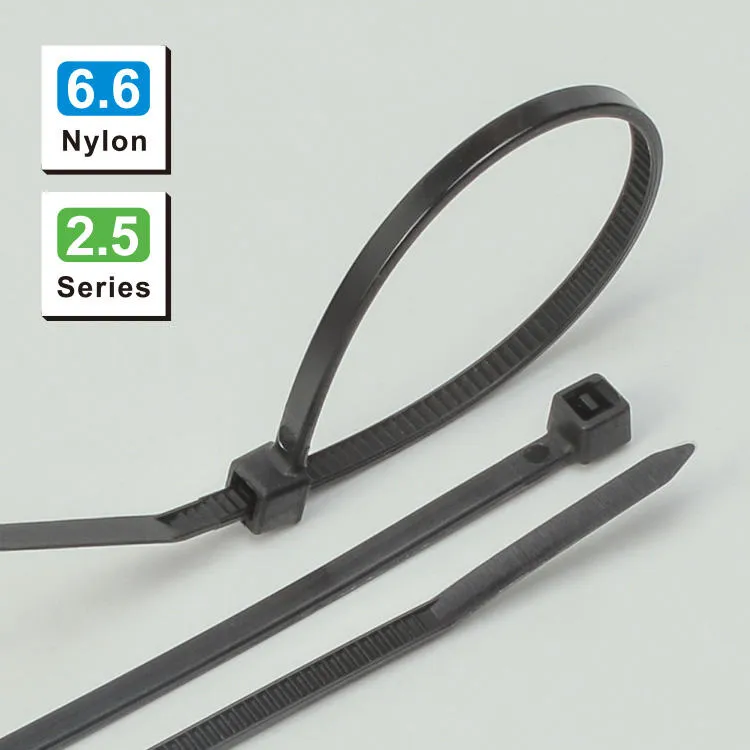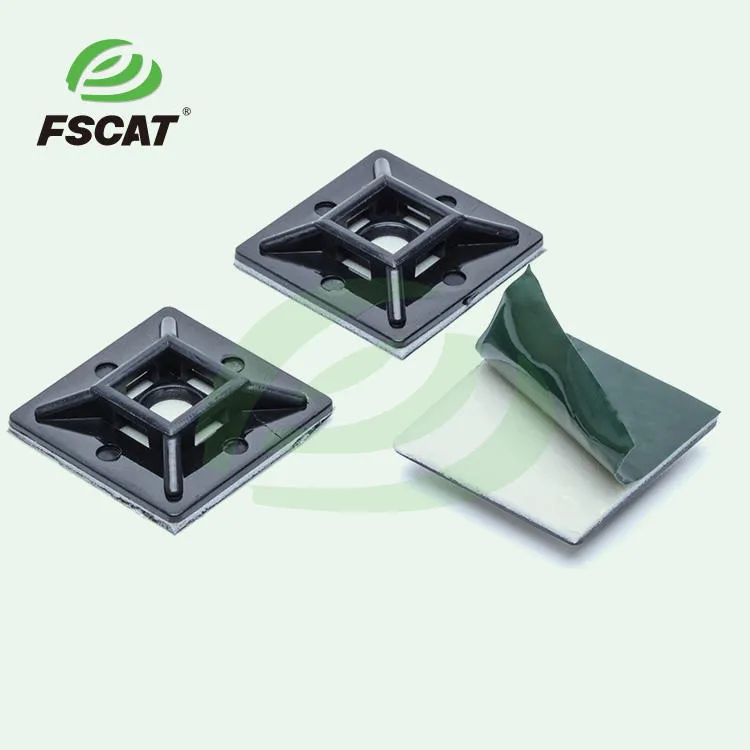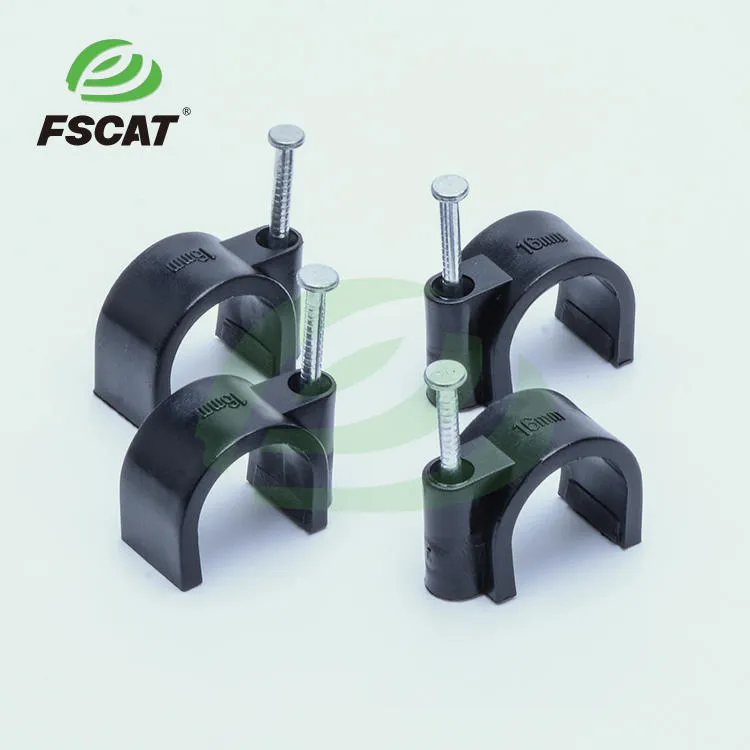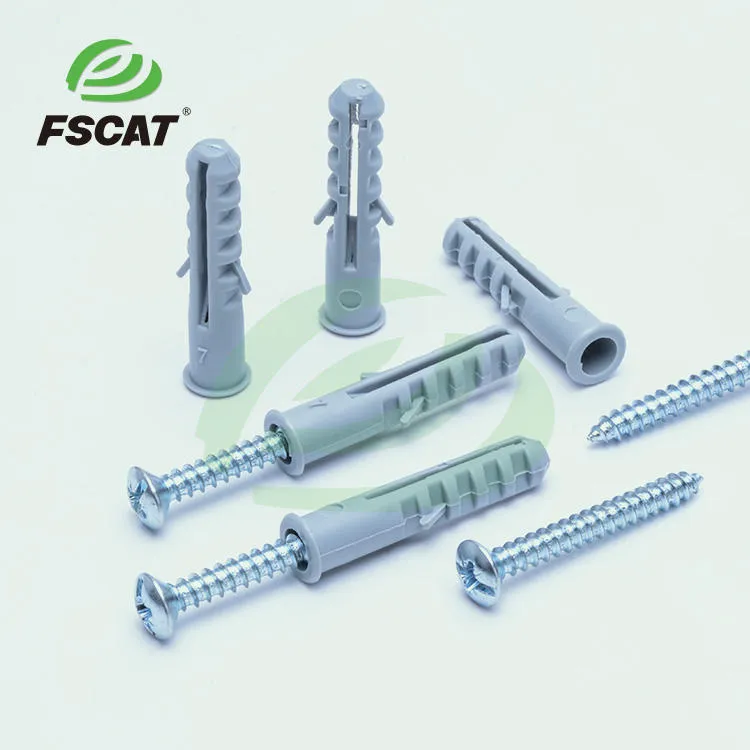What are the characteristics of Plastic Anchors
Plastic anchors, also known as wall plugs or wall anchors, are essential components in construction and DIY projects. They are designed to enhance the stability and load-bearing capacity of fasteners in various building materials. Below, we explore their key features and functions in detail.
1.Features of Plastic Anchors
- Material Composition: Typically crafted from durable plastics such as nylon or polyethylene, ensuring resilience and longevity.
- Versatility: Available in different sizes and configurations to accommodate various screw and bolt dimensions.
- Corrosion Resistance: Unlike metal alternatives, plastic anchors are resistant to rust and corrosion, making them suitable for both indoor and outdoor use.
- Lightweight: Their lightweight nature simplifies handling and installation, minimizing strain during mounting procedures.
2.Functions of Plastic Anchors
- Enhanced Grip: When inserted into a pre-drilled hole, the anchor expands or compresses against the sides of the hole as the screw or bolt is tightened, creating a secure and stable connection.
- Load Distribution: Distributes the load evenly across a broader surface area, reducing the risk of material damage or failure.
- Support in Various Materials: Suitable for use in materials like drywall, plaster, concrete, and wood, where direct fastening might be insufficient.
- Ease of Installation: Simple to install with basic tools, requiring only a drill and screwdriver, making them accessible for DIY enthusiasts and professionals alike.
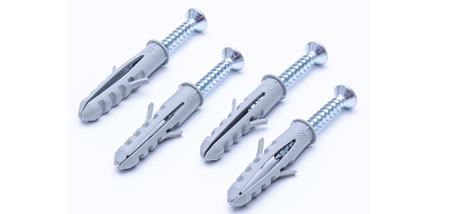
3.Conclusion:
plastic anchors play a crucial role in modern construction by enhancing the reliability and strength of fastenings in a wide range of materials. Their durability, ease of use, and ability to withstand environmental challenges make them a staple in both residential and commercial building projects. Whether securing shelving units, artwork, or light fixtures, plastic anchors offer a dependable solution for achieving secure and lasting installations.


